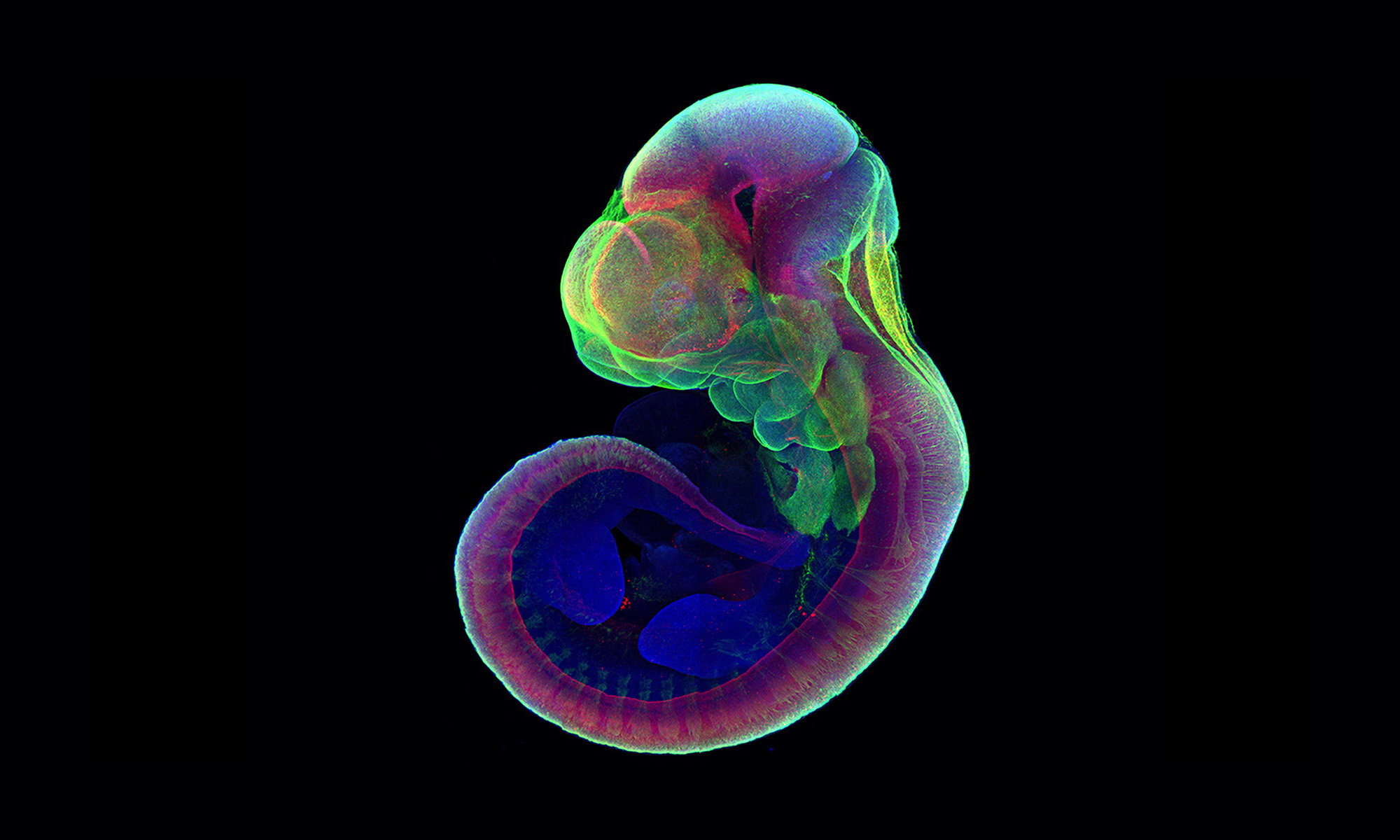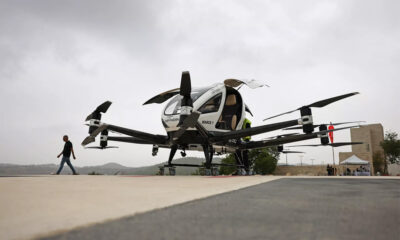News
Israelis Have Successfully Grown Mouse Embryos In Artificial Wombs

Thanks to the work of a group of Israeli scientists, we’re one step closer to being able to grow human babies in artificial wombs. The scientists, led by Professor Jacob Hanna, have successfully extracted 250 embryos from pregnant mice and placed them in a contraption designed to simulate the uterine wall and give the embryos the right conditions to grow.
“We have grown hundreds of mice in this way, in a method that has taken seven years to develop, and I’m still captivated every time I see it,” said Hanna, who works at the Weizmann Institute of Science, a public research university in Rehovot, Israel. “This could be relevant to other mammals, including humans, though we acknowledge that there are ethical issues related to growing humans outside the body.”
Hanna and his team have revealed their breakthrough in the peer-reviewed journal Nature, a multidisciplinary publication known for publishing the finest research from a variety of academic disciplines.
Previous experiments of this kind involved fetuses with already developed organs, such as when the Children’s Hospital of Philadelphia grew fetal lambs for over four weeks in artificial wombs back in 2017. The Israel-based team started with five-days old embryos consisting of just 250 cells, placing them into a special liquid to provide nourishment.
Also Read: Amazon Is Planning To Create Over 1,500 Jobs In Saudi Arabia
“By day 11, they make their own blood and have a beating heart, a fully developed brain. Anybody would look at them and say, ‘this is clearly a mouse fetus with all the characteristics of a mouse.’ It’s gone from being a ball of cells to being an advanced fetus,” explained Hanna.
While this experiment certainly invokes unsettling scenes from the movie Matrix, with machines growing humans in massive quantities to extract electricity from their bodies, scientists are still a long way from applying the research to create life outside the human body. It’s even possible that the ethical issues surrounding such research will lead to its bad, or at least a heavy regulation.
News
Mamo Completes $3.4M Funding Round To Enhance Fintech Services
The startup will use the influx of cash to expand into Saudi Arabia and across the wider GCC while improving its product offering.

UAE-based fintech Mamo has announced the completion of a $3.4 million funding round that will help the startup extend its market presence and improve its product offering. Investors included 4DX Ventures, the Dubai Future District Fund and Cyfr Capital.
Mamo’s platform offers “payment collection, corporate cards and expense management” to help small and medium-sized businesses consolidate and streamline their operations. With the latest influx of capital, Mamo will further develop its comprehensive suite of services and begin testing its product lines in Saudi Arabia, further extending its footprint across the GCC.
Imad Gharazeddine, co-founder and CEO of Mamo, stated: “We’ve been in the market for a while now and are incredibly proud of what our team has achieved. The holistic and expansive nature of our product offering has helped us continue to grow sustainably. This additional funding will allow us to reach our medium-term goals even faster. The support from new and existing investors is a testament to our strong expertise and the ability to deliver on our customer promise”.
Daniel Marlo, General Partner of lead investor 4DX Ventures, added: “We have immense trust in Imad’s vision, leadership and Mamo’s innovative approach to provide a user-friendly and comprehensive financial solution for SMEs that makes financial management more accessible and efficient. We are proud to partner with them and support their mission”.
Also Read: A Guide To Digital Payment Methods In The Middle East
Amer Fatayer, Managing Director of Dubai Future District Fund’s investment team, also commented: “Mamo’s localized product lines serve as an infrastructure for SME payments and spend management in UAE, a segment that is underserved by the country’s current banking infrastructure. The team has taken a product-first approach to consolidating SMEs’ financial journeys and building a fintech solution deeply embedded in a business’s core operations”.
To date, Mamo has raised around $13 million in investment funding and now boasts a team of 30 people. The company’s intuitive financial services platform has allowed over 1,000 businesses to consolidate their financial operations and significantly reduce payment fees.
-

 News4 weeks ago
News4 weeks agoAmazon Prime Day 2024: Get Ready For 6 Days Of Amazing Deals
-

 News4 weeks ago
News4 weeks agoSamsung Unpacked 2024: What To Expect From The July 10 Event
-

 News3 weeks ago
News3 weeks agoCoursera Report Shows Surge In UAE Interest In AI Upskilling
-

 News4 weeks ago
News4 weeks agoMeet Dubai’s Groundbreaking Smart Robot Delivery Assistant
















